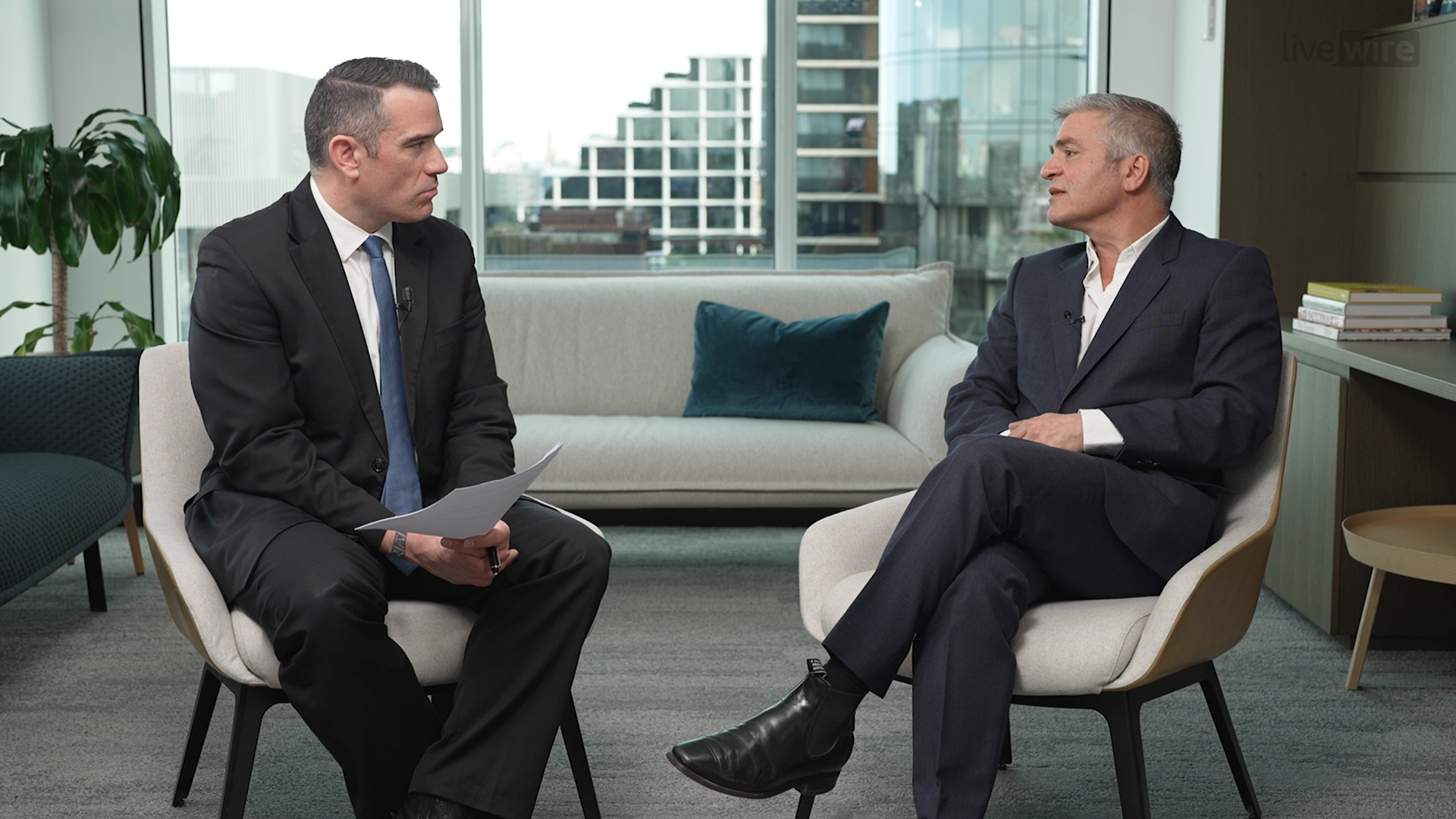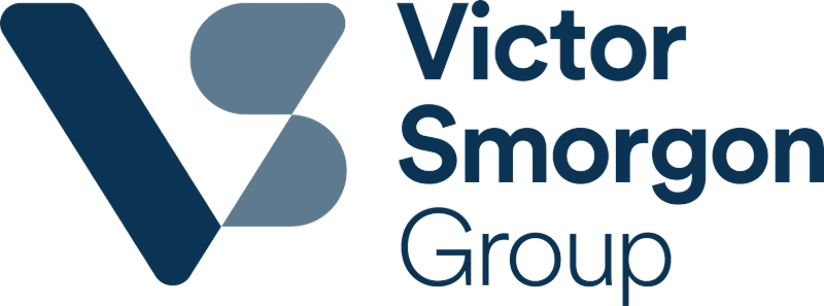Going global, going thematic, going where the profit is
This interview was filmed Wednesday, 13 August 2025
As a family office, Victor Smorgon Group occupies a unique position in the investment landscape. Free from the constraints of rigid mandates, the Group is able to take a longer-term, more opportunistic approach to portfolio construction.
In my conversation with Executive Chair and Co-CIO Peter Edwards, this edge came through clearly. Edwards described how the Group’s process is built on themes first, companies second, and underpinned by the mindset of an operator rather than a traditional fund manager.
“If we take an operator mindset, an operator will go where the profit is and not be limited by artificial or self-imposed limitations.
"Performance from developing a theme has been 60% of our return, and then our activation by individual company has been about 40% of the return. And probably that’s the difference", said Edwards.
It’s an approach that allows the Group to be both flexible and thematic, pursuing opportunities across asset classes and geographies, wherever the best prospects lie.
Whether that means backing Japanese industrials, US property, or emerging markets, Edwards emphasises that the mandate is simple: identify supply-demand imbalances, align with enduring themes, and execute with discipline.
This philosophy has enabled Victor Smorgon Group to remain dynamic, resilient, and opportunistic in a way that many institutional investors simply cannot match. At the time the interview was recorded, the since-inception performance of the fund was 13.8% per annum. As of publishing, that figure now stands at 15.5% p.a.
To learn more about the strategy, watch the interview above or read a short summary below.

INTERVIEW SUMMARY
The family office advantage
Edwards highlighted the Group’s ability to invest without the restrictions that constrain many fund managers.
“We think about it as an open mandate being thematically-led first, company-led second, and I guess given our positioning as a family business, it allows us to take that view and be agnostic as to where the opportunities lie within the listed space.”
This flexibility extends across geographies and asset classes, enabling the Group to pursue opportunities in markets that many institutional mandates prohibit.
Operator mindset and thematic focus
Central to the approach is an operator’s mindset. Edwards explained: “If we take an operator mindset, an operator will go where the profit is and not be limited by artificial or self-imposed limitations.”
The process begins with identifying themes that represent enduring supply-demand imbalances, which account for around 60% of performance, before selecting individual companies, which contribute the remaining 40%.
This balance allows the Group to back themes such as decarbonisation, electrification, and emerging capital markets, while still maintaining rigorous company-level discipline.
Example: Japanese industrial HITACHI
Edwards pointed to Hitachi as an illustration of their approach.
“Our largest position is Hitachi. It is on the Japanese exchange. It would be outside of most people’s mandates, but it drives very squarely into the thematic of decarbonisation, electrification, AI, even nuclear if you take it that far. They bought Westinghouse, a nuclear business.
They’re a business that’s been consistently increasing sales and consistently increasing their margin by transitioning their business", added Edwards.
For Edwards, this is emblematic of the Group’s willingness to go where the opportunity exists, even if it means stepping outside conventional boundaries.
Evolving strategy and asset allocation
Over time, the Group’s process has solidified around thematic allocation rather than rigid asset-class splits. Edwards described it as:
“Our process is a thematically-led process where we talk about the opportunity across the group in different asset classes. It may be equity, private equities, debt… you’re still chasing a particular theme.”
Current focus areas include gold, commodities, US property, corporate debt, and global equities, all tied together by the central framework of thematic activation.
Discipline, multiples, and free cash flow
When asked about the Group’s long-term track record, Edwards attributed success to discipline.
“I think it’s a concentration on multiples and free cash flow opportunities within the portfolios.”
This emphasis on valuation discipline and cash flow strength ensures the Group avoids the extremes of high-multiple, momentum-driven markets. “Within a thematic [we choose] the free cash flow low multiple companies… I think it has given us a consistent return as opposed to necessarily the highs and lows.”
This disciplined approach has been key to delivering steady performance while protecting against drawdowns.

2 topics
1 fund mentioned

